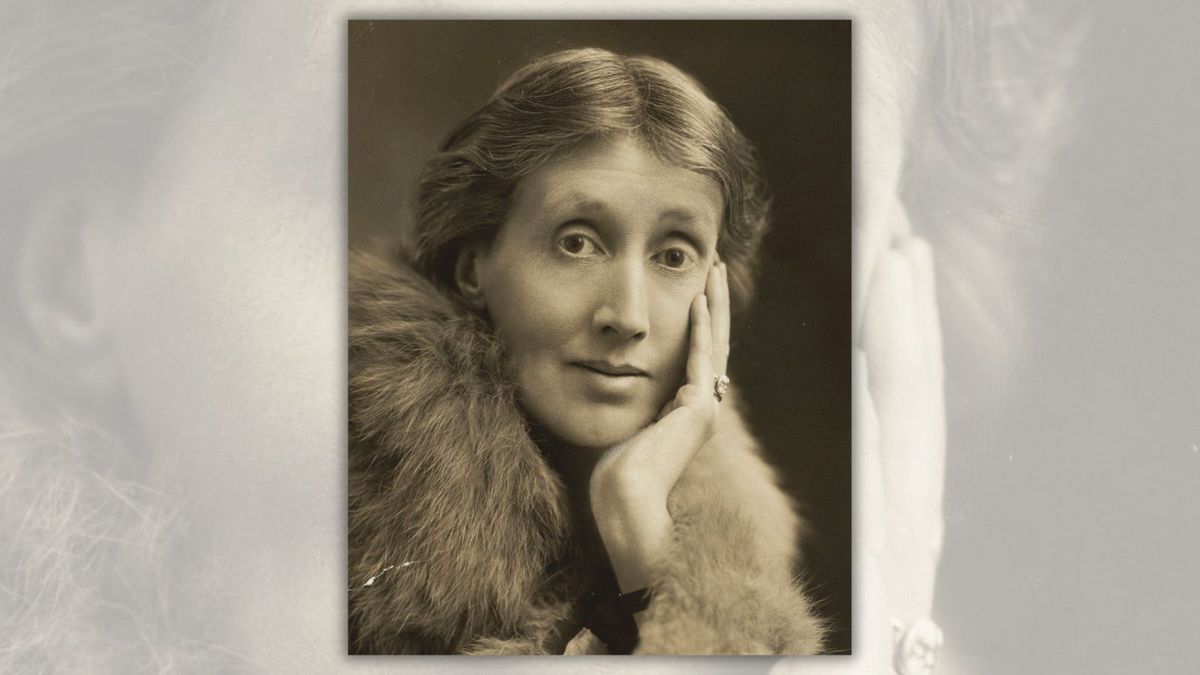Fact Check
Virginia Woolf Said, 'There Is a Kind of Sadness That Comes from Knowing Too Much'?
A commenter wrote: "The reality of the above quote should inspire some to think."
In August and September 2024, a number of popular social media posts attributed a quote about sadness and loneliness to Virginia Woolf, the British author known for her numerous novels, short stories, and essays including "Mrs. Dalloway" and "A Room of One's Own."
The quote, as it appeared in posts on X (archived), Facebook (archived) and Instagram (archived), read:
There is a kind of sadness that comes from knowing too much, from seeing the world as it truly is. It is the sadness of understanding that life is not a grand adventure, but a series of small, insignificant moments, that love is not a fairy tale, but a fragile, fleeting emotion, that happiness is not a permanent state, but a rare, fleeting glimpse of something we can never hold onto. And in that understanding, there is a profound loneliness, a sense of being cut off from the world, from other people, from oneself.
At the time of this writing, one Facebook post (archived) featuring the quote had received around 16,000 reactions and 900 comments, some of which took the quote's alleged attribution at face value.

(Facebook)
One commenter, for example, wrote (archived): "The poetic prose of such exceptional brilliance of this writer speaks clearly to me decades after she has passed on." Another wrote (archived): "The reality of the above quote should inspire some to think."
However, there was no concrete evidence to support claims that Woolf ever said or wrote these words.
The earliest securely datable post featuring the quote appeared to be an Aug. 26, 2024, post (archived) by the Facebook page Philosophy Insights. That post included a line attributing the quote to Woolf's 1927 novel "To the Lighthouse" — a detail omitted from many later posts about the quote.
The quote did not appear anywhere in "To the Lighthouse," however. A search for the term "sadness" in the version of the book hosted by the digital library HathiTrust found two appearances of the word — neither of which resembled the quote in question.
The quote also did not appear in any of the hundreds of other works — many of them short stories and essays — included in the "Delphi Complete Works of Virginia Woolf." It was also absent from the five volumes of "The Diary of Virginia Woolf," as well as from all six volumes of "The Letters of Virginia Woolf."
It is possible that the quote appeared in an unpublished piece of Woolf's writing, or that a contemporary of Woolf's recorded Woolf saying the quote during her lifetime. For this reason, we've rated the claim as unproven, meaning we were unable to demonstrably prove that Woolf never said the quote, despite a lack of any concrete evidence that she did.
However, there was reason to suspect that the quote was made up, possibly with the help of AI software — according to the AI detectors Quillbot, ZeroGPT and Merlin, the quote was likely AI-generated.
Snopes has reached out to the owner of the Philosophy Insights Facebook page, which seemed to have first shared the quote online, to ask about the quote's origin. We will update this story if and when we hear back.
A representative of the Virginia Woolf Society of Great Britain, which maintains an online list of quotes commonly misattributed to Woolf, told us over email that the organization was in the process of conducting its own investigation into the quote, which had recently come to its attention. The representative added: "Woolf is one of those authors who is often credited with writing things she didn't!"


